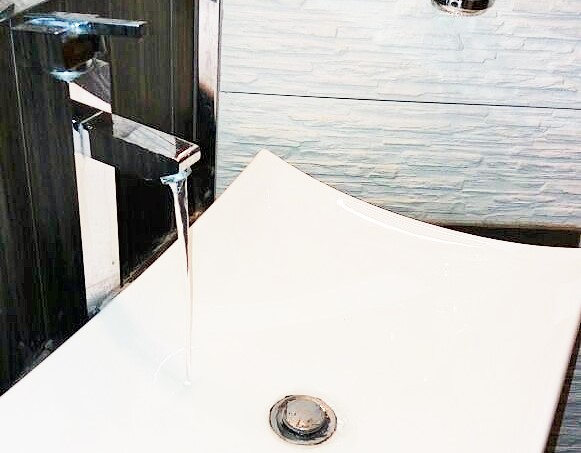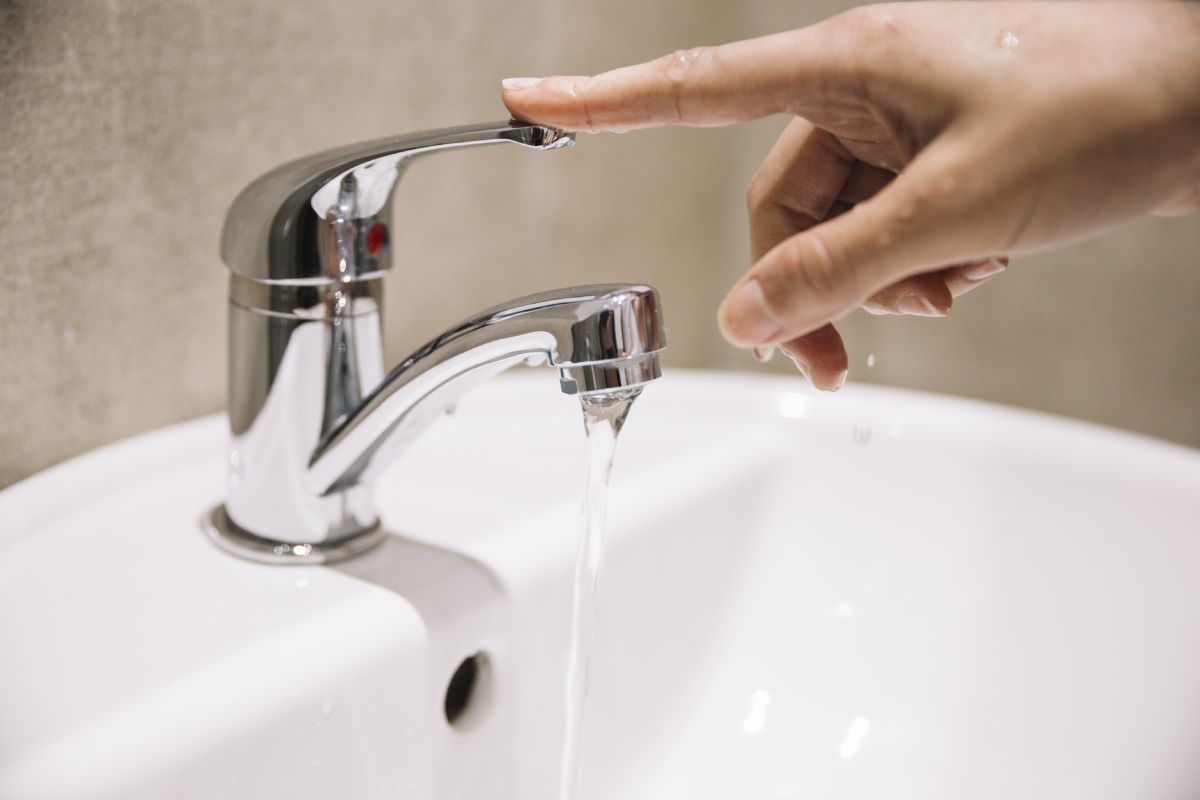The author is making several good observations related to 9 Reasons for Low Water Pressure in Your House in general in the article underneath.

Low tide stress in your home can be an irritating trouble, influencing every little thing from showering to washing recipes. If you're experiencing weak water flow, there are several feasible causes and remedies to discover. In this guide, we'll review typical reasons for low tide pressure and functional steps to resolve the issue effectively.
Introduction to Low Tide Stress
Low water pressure takes place when the flow of water from your faucets, showers, and various other components is weak than usual. This can make everyday tasks a lot more challenging and less efficient. Understanding the causes of low water pressure is critical to discovering the right service.
Common Root Causes Of Low Tide Stress
Faulty Pressure Regulatory Authorities
Stress regulators are responsible for preserving constant water stress in your home. If they malfunction, it can lead to low water stress or unequal circulation throughout the house.
Metropolitan Water Supply Issues
Sometimes, the issue lies outside your home. Metropolitan water issues, such as main line leaks or upkeep job, can briefly reduce water pressure in your area.
Pipe Obstructions
With time, pipelines can end up being blocked with natural resource, sediment, or particles, restricting the flow of water. This is a common issue in older homes with galvanized steel pipes.
Corrosion
Corrosion within pipelines can lead to leaks and minimized water stress. Corrosion buildup can constrict water flow, specifically in aging plumbing systems.
How to Detect Low Water Pressure
Checking Pipelines
Examine noticeable pipes for signs of leakages, rust, or blockages. Focus on any type of uncommon sounds, such as banging or rattling pipes, which could indicate problems within the plumbing system.
Consulting with a Plumber
If you're not able to determine the cause of low water stress, take into consideration employing a professional plumber to perform a complete examination. They can identify underlying issues and suggest ideal services.
Checking Faucets and Fixtures
Beginning by checking the water pressure at different taps and fixtures throughout your home. If the concern is separated to specific locations, it may indicate localized problems.
Do It Yourself Solutions to Fix Low Water Pressure
Flushing Hot Water Heater
Debris accumulation in the hot water heater can restrict circulation and minimize performance. Purging the storage tank periodically helps get rid of debris and keep optimum performance.
Inspecting Pressure Regulator
Make sure that the pressure regulatory authority is operating properly. Readjusting or replacing the regulator can assist recover proper water stress throughout your home.
Cleansing Aerators and Showerheads
Mineral deposits can build up in aerators and showerheads, minimizing water circulation. Eliminate and clean up these parts routinely to boost water pressure.
Clearing Up Clogs in Pipes
For minor obstructions, try utilizing a plumbing snake or chemical drain cleaner to clear blockages in pipelines. Beware when using chemicals and adhere to safety standards.
When to Call an Expert Plumber
If do it yourself initiatives fail to deal with the problem or if you believe substantial plumbing troubles, it's finest to look for aid from an accredited plumber. They have the expertise and tools to resolve complex concerns securely and successfully.
Preventive Measures to Maintain Water Stress
Mounting a Stress Booster
Take into consideration mounting a pressure booster pump to improve water stress in areas with constantly low circulation. This can be specifically beneficial for multi-story homes or residential or commercial properties with high-demand components.
Tracking Water Use
Be mindful of water usage behaviors and prevent ill-using the plumbing system. Easy adjustments, such as astonishing showers and washing loads, can assist keep adequate water stress.
Normal Upkeep
Schedule routine upkeep for your plumbing system to avoid concerns such as corrosion, leakages, and obstructions. Attending to minor troubles early can assist prevent even more significant repair services later.
Final thought
Handling low tide stress can be irritating, however recognizing the underlying reasons and implementing ideal remedies can bring back optimum circulation throughout your home. Whether it's cleansing aerators, evaluating pipes, or consulting with a plumber, taking aggressive actions can make certain a steady supply of water for your day-to-day demands.
FOUR WAYS TO FIX LOW WATER PRESSURE NOW
Turning on a shower or faucet only to find the water comes out in a sad, slow drizzle is never a good feeling. How exactly are you supposed to wash a pan or take a quick shower when it takes 10 minutes just to rinse off a little soap? The good news is that when your water pressure is bad, there's always a cause: typically one that can be easily fixed. Here are some of the most common causes of low pressure and what you can do to fix the issue:
DEBRIS AND MINERAL DEPOSIT BUILDUPS
If you notice low water pressure from just one or two of the fixtures in your house, the problem likely has to do with debris buildup. Water is full of minerals and other debris, all of which can accumulate in your pipes and on your fixtures. This can cause a blockage that affects how much water flows through. To fix this, try filling a small plastic bag with white vinegar, and use a rubber band to hang it around your showerhead or faucet. Let the head of the fixture soak for a few hours, and the vinegar should loosen the deposits.
WATER LEAKS
Leaks are another common cause of low water pressure. If water is flowing out of your plumbing through a hole or crack before it can reach your fixture, the pressure coming out of the faucet or showerhead will be lower. A plumbing professional is your best bet for finding and repairing a leak in your water supply pipes.
Leaks are another common cause of low water pressure. If water is flowing out of your plumbing through a hole or crack before it can reach your fixture, the pressure coming out of the faucet or showerhead will be lower. A plumbing professional is your best bet for finding and repairing a leak in your water supply pipes.
A VALVE ISSUE
If you have low water pressure throughout your home, check your main shut-off valve to make sure it's completely open. You may also want to see if there's a pressure-reducing valve installed. If there is, have a plumber help you adjust the settings to get the pressure you're looking for.
OTHERS USING WATER
Believe it or not, your low water pressure could be caused by your neighbors. If you notice low pressure at certain times of day, it may be because you and the people living next to you have similar schedules - when everyone is showering at the same time, the pressure will be lower in every home. Low pressure throughout the neighborhood may also be caused by an issue with your municipal water supply. If that's the case, call the supplier to see if they're working on the issue.
https://www.rotorooter.com/blog/water-leaking/low-water-pressure-fixes/

I'm very involved in 9 Reasons for Low Water Pressure in Your House and I hope you enjoyed the entire blog entry. For those who liked our blog posting please don't forget to share it. I praise you for being here. Don't forget to visit our website back soon.
Book Your Service